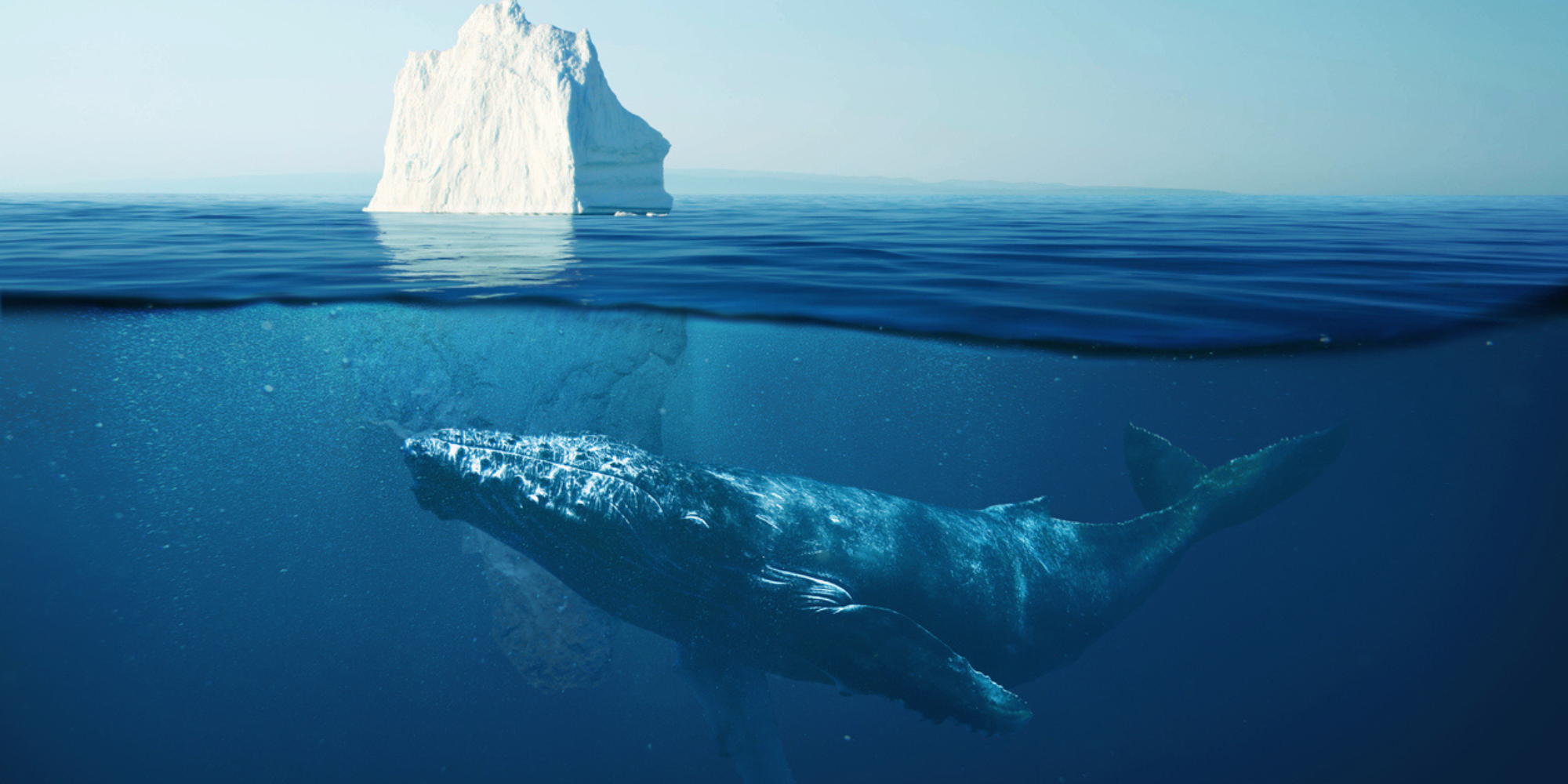On World Ocean Day (8 June), it’s time to celebrate our ocean and to advocate for doing all in our power to protect it. Read on to find out seven reasons why the ocean is so vital.
It literally gives us the air that we breathe
The ocean, and more specifically, phytoplankton, is responsible for about 50% of the oxygen produced on the planet.
Phytoplankton are microscopic plants that live on the surface of oceans and lakes, carried around by currents. They work very similarly to the way that tree leaves do on land – they absorb carbon dioxide and release oxygen.
Phytoplankton and the ocean are literally how we breathe and stay alive!
It regulates our climate
Covering 71% of our planet, the ocean plays a vital role in regulating our climate and mitigating pollutants (though we should, of course, be reducing pollutants in the first place and slowing down climate change).
The ocean is the world’s largest carbon sink (it absorbs CO2) and it takes up more than 90 per cent of the excess heat in the climate system, which helps to regulate temperatures on land. It also distributes heat, salt and organisms through its currents.
The impact of climate change on the health of our ocean has become increasingly evident. The Intergovernmental Panel on Climate Change (IPCC) has found that both surface land and ocean temperatures have become warmer, Arctic sea ice has decreased, sea levels have risen, oceans have become more acidic and have also seen a decrease in oxygen levels.
Whales and dolphins, as well as other marine creatures, make a vital contribution to the long-term storage of carbon in the deep sea and to stimulating CO2 uptake from the atmosphere.
When marine mammals (especially baleen whales) migrate, they excrete nutrients into the ocean. Essentially, they transfer these nutrients from the rich feeding grounds where they’ve spent months to the often nutrient-poorer reproduction areas they’ve moved to.
The nutrients help to stimulate the growth of phytoplankton, which are vital to our ocean and to our planet.
Research also shows that some whales such as sperm whales bring large amounts of iron near the surface through their excretions. Iron leads to an increase in the plankton population, which benefits the whole ecosystem.
You can find out more in our How do whales and dolphins help to protect the climate blog.

It’s home to more than 700,000 biodiverse species
From tiny krill to blue whales and from seaweed to coral reefs, the ocean is home to a huge array of species (estimated to be between 700,000 and 1 million) and is very important for the biodiversity of our planet.
There is a delicate ecosystem at play in the ocean, with food chains and interactions/dependencies between the species. Human interference and the effects of climate change can easily upset and negatively affect this delicate ecosystem.
Many marine species have already adapted their geographic location and their behaviours due to climate change (particularly caused by changes in sea temperature). If we don’t ensure that our ocean stays healthy, we are, unfortunately, going to see some species populations continue to decrease and even possibly become extinct.
It feeds us
Fish accounts for around 15% of the animal protein consumed globally and it’s estimated that the ocean is the primary source of protein for more than a billion people.
To protect our ocean, we need to engage in sustainable fishing practices and move away from overfishing. Eating more plant-based protein in our diets would also help to reduce the demand for fish.
It’s estimated that more than 10 million tons of fish go to waste every year because of destructive fishing practices. Unless we change our ways, UNESCO predicts that more than 50 per cent of the world’s marine species may face extinction by 2100.

It’s important for our leisure
We gravitate towards the ocean to have fun! Whether it’s swimming, surfing, sailing, diving, whale watching or just lazing on the beach, being by the sea is a huge part of our leisure and hobby time. It can also help us to form new communities and find friends who are just as passionate about enjoying and protecting the ocean environment.
It creates economic opportunities and provides employment
Whether it’s companies shipping their goods around the world or a surf school setting up at the coast, the ocean provides lots of beneficial opportunities for our economy and for creating coastal communities. Ocean related activities including tourism, fisheries, shipping, renewable energy and transport also employ many millions of people around the world.
The blue economy is a huge growth area but it is, of course, important that businesses carry out their activities in a sustainable way so they are minimising any impact on our ocean health.
It helps our health and wellbeing
Spending time by the sea, on the sea or even immersed in the sea itself can bring us big health benefits.
In the 18th century, doctors began to prescribe a stay by the sea for those who needed a boost for their health. And many years later, modern day research shows they were on the right track with their advice.
For instance, swimming in sea water has been shown to have benefits for the skin, the immune system and also has been shown to have a positive effect on mental health.
There’s also research to show that sitting and watching the sea horizon and listening to lapping waves is therapeutic, helping the body and mind to slow down and relax.
